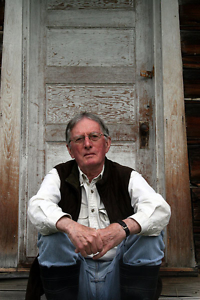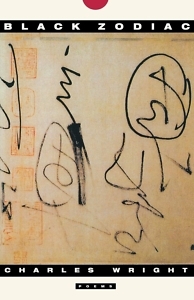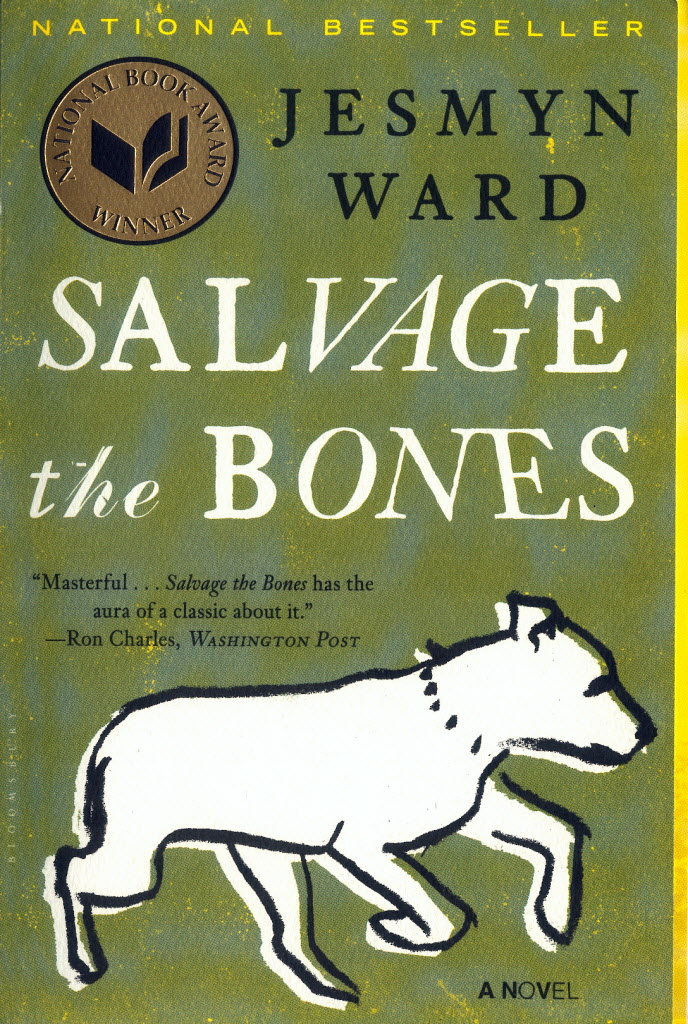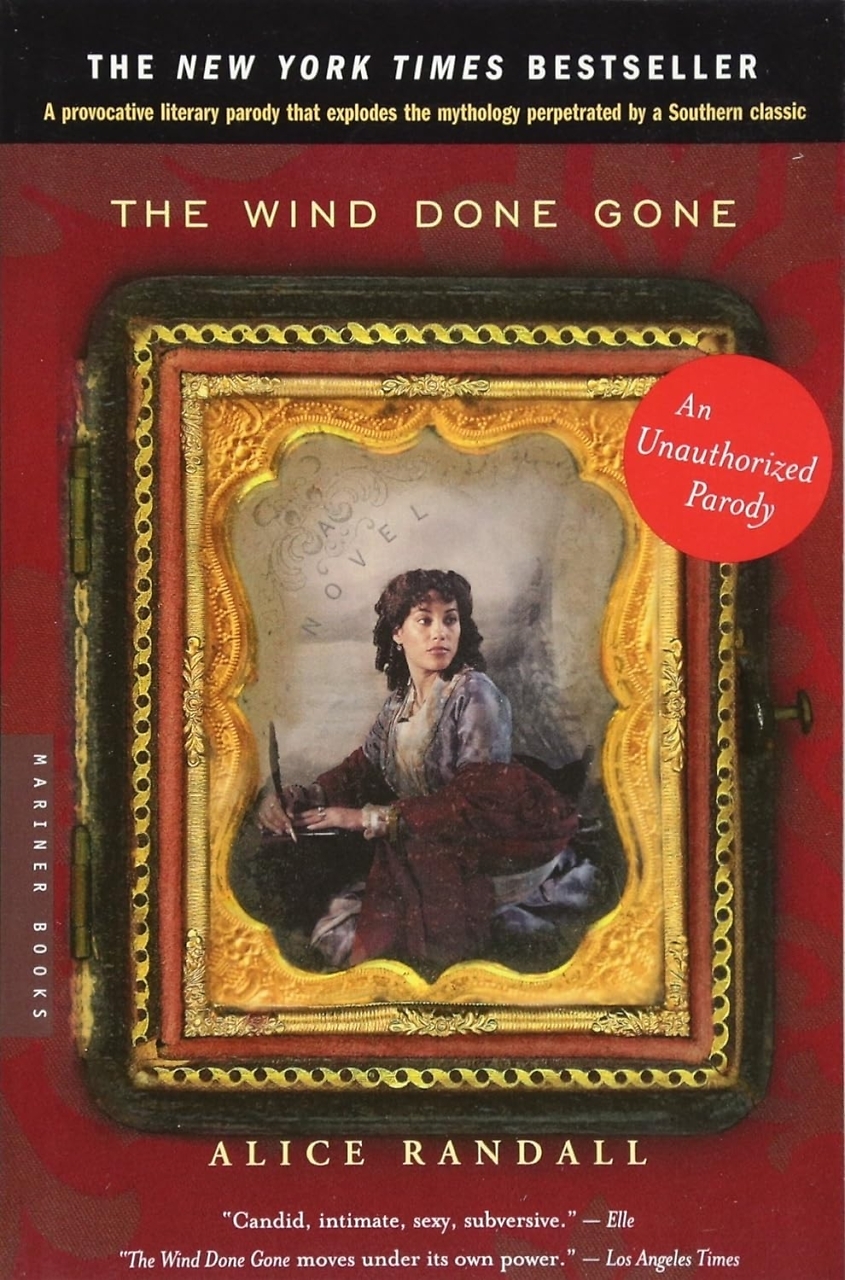All in the Unsaid
A look back on Charles Wright’s influential poetry collection Black Zodiac
Charles Wright has never been afraid to stare down the great mysteries of life and death. “All things aspire to weightlessness,” he writes in his Pulitzer Prize-winning collection Black Zodiac. Soon after, he posits that “If God hurt the way we hurt, / he, too, would be heart-sore, / Disconsolate, unappeasable.” There are many philosophical poets writing today, but perhaps none as bold — as unapologetic — as Wright.

Wright was born in Pickwick Dam, Tennessee, in 1935. His education took him to North Carolina and Iowa, and his service in the Army took him to Italy. His work is strewn with literary references and an appreciation for what might be called high art, but the wild, rural landscapes of his youth are always close. Nature mirrors his own emotional states, often melancholic. No matter the subject, each poem reads like an elegy, a reflection not on a specific death exactly but on mortality itself, on the heartbreaking reality that our time here on Earth is fleeting.
My own early poetic education was haphazard at best. I read what was assigned or occasionally gifted to me. But Charles Wright I discovered on my own inside a free bag of review copies left at the art gallery where I’d been hired fresh out of college. I lugged the heavy, thankfully sturdy canvas tote onto the subway, then up four flights of stairs where they spilled out by the radiator that got so hot it occasionally scalded my legs. There, amidst a motley crew of poetry and fiction, were two treasures: Selected Verse of Federico García Lorca, edited by Christopher Maurer, and Buffalo Yoga by Charles Wright. Two decades later, I still have both copies.
My Buffalo Yoga is almost obscured by underlining and notes, but the phrase I remember most and sometimes quote to myself is “God with his good ear to the ground.” There was something about that notion of God having only one good ear that rang true to me. Surely a God with two good ears wouldn’t let so much suffering transpire. I see a similar sentiment in Wright’s lines about God not quite understanding human pain. The lines aren’t a condemnation, but a way to understand. The lines offer a way forward when we don’t feel like moving forward.
 Perhaps I should pause here and say that every story I’ve ever heard about Charles Wright includes at least a passing reference to his sense of humor. And that humor is present in his work, as well, wry and understated. Even in his embrace of melancholy, something self-deprecating and even a little hopeful sneaks into the sentiments. In Black Zodiac, at the end of section II of “Apologia Pro Vita Sua,” he writes,
Perhaps I should pause here and say that every story I’ve ever heard about Charles Wright includes at least a passing reference to his sense of humor. And that humor is present in his work, as well, wry and understated. Even in his embrace of melancholy, something self-deprecating and even a little hopeful sneaks into the sentiments. In Black Zodiac, at the end of section II of “Apologia Pro Vita Sua,” he writes,
I sit in one of the knock-off Brown-Jordan deck chairs we brought from California,
Next to the bearded grandson my mother never saw.
Some afternoon, or noon, it will all be over. Not this one.
These are the lines my friend Matthew Pennock recites to me when I tell him that I’m writing about Black Zodiac. Pennock was Wright’s undergraduate student at the University of Virginia in the early 2000s, and I ask if he has any good “Chuck” stories. He tells me about the popular poetry workshops, how Wright would start each class with a quotation on the board and a robust discussion. He tells me about how, despite being an entertaining public performer, Wright never relished the spotlight. He tells me about seeing Wright during office hours once and receiving the following words of wisdom: “Nobody is ever going to understand you, so stop trying to make them.”
The advice makes me think of the first time I read Black Zodiac, feeling insecure about the references that eluded me. Now, closer in age to Wright when he wrote these poems, I find myself nodding at the references I get, not worrying about the ones I miss. Moreover, I find myself astonished again and again at Wright’s ability to capture a particular, sharp anxiety of middle age. In “Meditation on Summer and Shapelessness,” the speaker doesn’t recognize himself in the mirror, only notes the “reflection of someone older and strange.” Many of us know that unsettling sensation of not quite recognizing ourselves anymore.
Not only does Wright capture the anxiety of aging, but also the anxiety of trying to write poetry about aging. In “Poem Almost Wholly in My Own Manner,” he declares, “Poetry’s what’s left between the lines — / a strange speech and a hard language, / “It’s all in the unwritten, it’s all in the unsaid…” This kind of declaration makes you pause, wrestle with the idea that real poetry is not something we mortals create. Rather than despairing over that notion, though, Wright embraces it: “And that’s a comfort, I think, / for our lack and inarticulation.” He seems to be saying that it’s enough to try. Failure of communication is inevitable and not worth losing sleep over.
This exercise of looking back at influential books leads to the question of what a book tells us about a certain moment in time. Black Zodiac was published in 1997, on the cusp of a new century, and is devoid of technology. If a phone is mentioned, I don’t remember it. But there’s an underlying pulse of uncertainty about the future and, for Wright at least, a desire to see it, for today to not be the last day. “There are times, Lord, there are times,” he writes in “Disjecta Membra,” “We must bite hard into the 21st century, / We must make it bleed.”
Black Zodiac won the Pulitzer Prize, the National Book Critics Circle Award, and the Los Angeles Times Book Prize. Wright served as the U.S. Poet Laureate and as a Chancellor of The Academy of American Poets. He also taught for many years at the University of California, Irvine then at the University of Virginia. If anyone is qualified to define poetry, it’s Charles Wright. In the final section of the final poem in Black Zodiac, he writes, “a line of poetry’s a line of blood.” Which is to say, poetry is a sign of life, a sign that we’re still here on Earth, trying. We get another day.

Erica Wright is the author of four crime novels and two poetry collections. Her essay collection Snake was released in 2020. Hollow Bones is forthcoming from Severn House in August 2024. Wright grew up in Wartrace, Tennessee, and now lives in Knoxville.


